Why Market Value ≠ List Price: Barbados
One of the most frequently asked questions we receive is why isn’t the ‘market value’ the same as the asking (list) price? It’s a fair question particularly when the property is being valued for, and subsequently listed on behalf of the sameperson. When listing a property for sale, an agent will estimate what the sale price might be, considering the demand in the market, the supply or lack thereof, and the characteristics of the property. The agent’s aim is always to get the best possible price for their client (whilst managing expectations). However, valuing a property is a more complicated exercise and the requirements may differ based on the purpose of the valuation, and the intended user.

It is important to note that a property can have different values associated subject to the purpose being reviewed e.g., market value, list price, and insurance value to name a few. Market Value[1] as defined in the ‘RICS Valuation – Global Standards’ (the ‘Red Book’), is based on a set of assumptions. It is not a predetermined amount neither is it the actual sale price.
Some of the assumptions which Valuers have to make include:
(1) that the buyer is prudent and has knowledge of the market meaning they will have conducted their own research and will not simply pay what is being asked for the property,
(2) while a willing buyer is motivated to buy, they are not being forced to buy, or buy at any price, and
(3) the seller has knowledge of the market, and when accepting an offer will consider the purchaser’s ability to pay, rather than taking the highest offer received. Unfortunately sometimes when this happens, and the buyer has not qualified for the high offer made, the sale does not proceed.
Further, the Valuer cannot consider,
(4) what an owner may consider as” the worth” of their property as attempting to estimate worth is a completely different kettle of fish,
(5) offers from persons who would be considered a ‘special purchaser’ e.g., a buyer who owns a property and wants to buy the one next door and who would be willing to pay a much higher price than the market value might be, or
(6) offers from related buyers and sellers. Under the definition of market value, the hypothetical exchange of the asset is between parties who are at “arm’s length” after proper marketing has taken place, which would exclude private sales between related parties.
Valuers are unable to anticipate future market behaviour since we are valuing at a specific date – usually current, or in the past – per the instruction received from the client. Thus, the valuation must reflect the market state and conditions at the valuation date and not at any other time. As such valuations are based on what has already happened in the market before and up to the valuation date, and we use historical or empirical evidence obtained and verified from different sources to ensure that the valuation is factually supported.
While an Agent aims to get the best deal for their client – the buyer or the seller, Valuers must be completely impartial and follow rigorous professional standards to provide prudent advice to our clients and known intended users of the reports.
[1] The estimated amount for which an asset or liability should exchange on the valuation date between a willing buyer and a willing seller in an arm’s length transaction, after proper marketing and where the parties had each acted knowledgably, prudently and without compulsion



